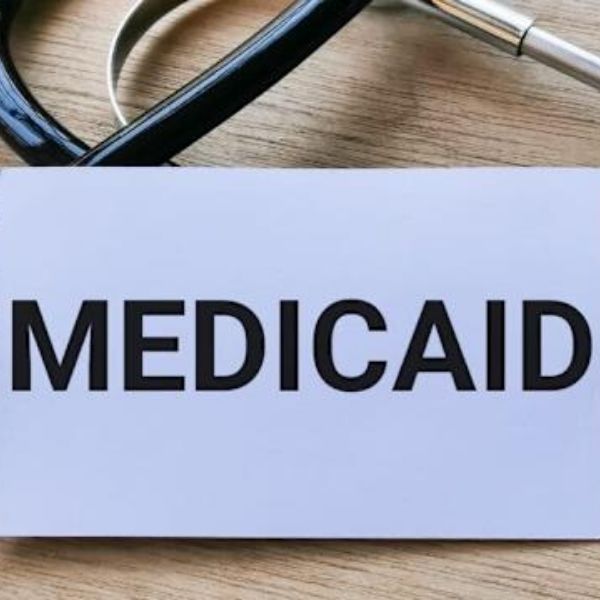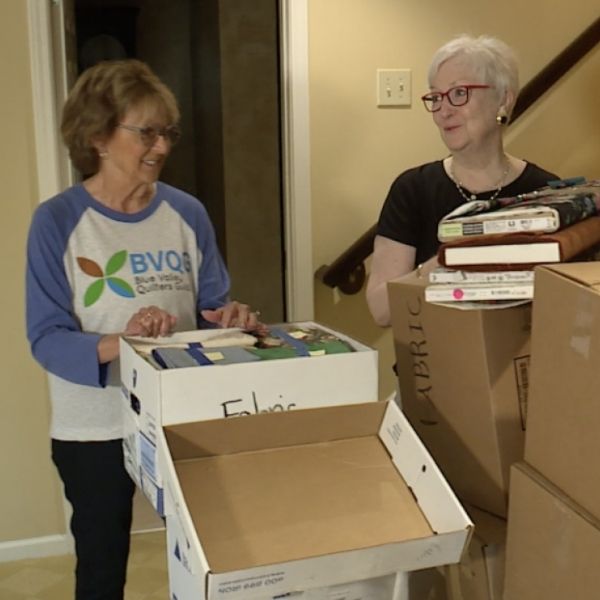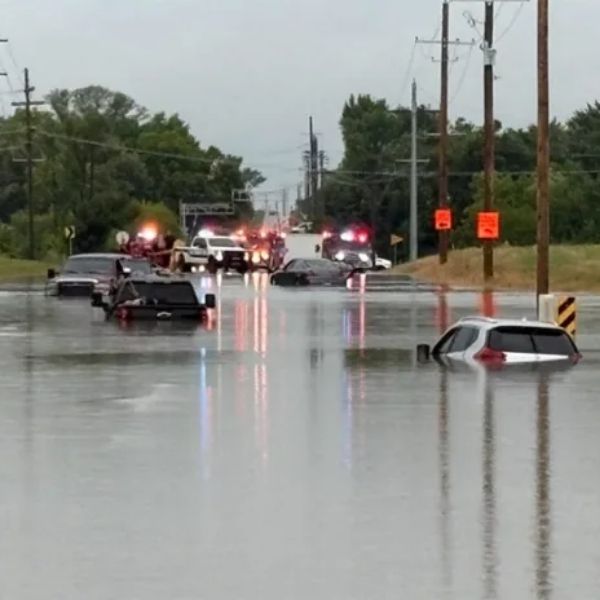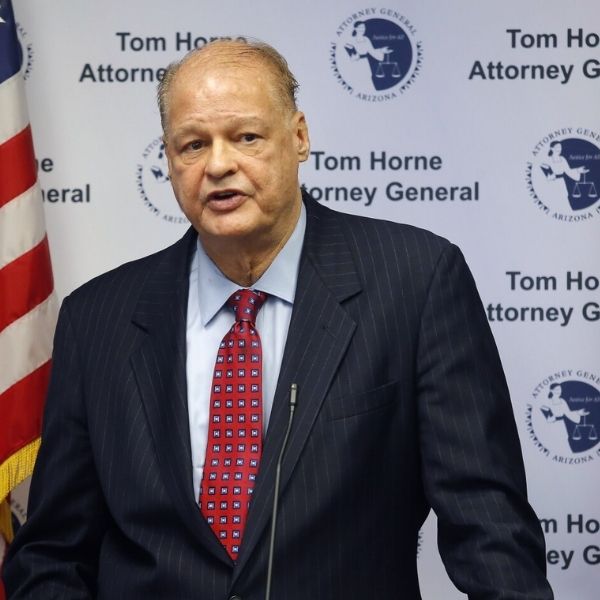As the Trump administration’s “One Big Beautiful Bill Act” clears the way for major Medicaid cuts, Arizonans are increasingly worried about how the legislation will affect vulnerable communities across the state.
A recent ABC15 report highlighted personal stories like that of Andrea, who cares for her 92-year-old mother. “I cannot care for her as I am not equipped to handle her medical care needs,” she said, voicing fears about losing Medicaid-supported care.
Senator Mark Kelly recently addressed these concerns during a public event, warning of the devastating impact the bill could have on Arizona families who rely on Medicaid and SNAP benefits.
The Congressional Budget Office projects a staggering $1 trillion reduction in federal Medicaid funding over the next decade. According to an Arizona Mirror report, this could result in more than 300,000 Arizonans losing health insurance. The state stands to lose $35 billion in Medicaid funding, which makes up a substantial share of Arizona’s healthcare budget.
Currently, more than two million Arizonans receive coverage through the Arizona Health Care Cost Containment System (AHCCCS). Governor Katie Hobbs has urged Congress to reconsider the proposed cuts, warning that the financial burden could fall heavily on the state.
Will Humble, executive director of the Arizona Public Health Association, pointed out that some of the proposed changes—such as work requirements and provider tax reforms—are not immediate, leaving time for public pushback and advocacy.
Stories like those of Alicia Jefferson, a working mother, show the personal stakes. “We aren’t just leeches, and we’re not just cogs in a capitalist wheel. We’re real people,” she said, emphasizing the human toll of the proposed cuts.
Some, like retired nurse Deb Sinclair, are worried about how Medicaid reductions will impact their families. Others, such as Jeffers, may resort to seeking medications across the border if services are no longer affordable.
Jon Meyers, executive director of the Arizona Developmental Disabilities Planning Council, told the Arizona Mirror that people with disabilities could be disproportionately harmed under the new legislation.
Beyond personal hardship, officials also warn of broader consequences—hospital closures in rural areas, higher medical costs, and a strained healthcare system.
As Arizona residents, lawmakers, and healthcare leaders closely monitor the situation in Washington, many are bracing for what could become a healthcare crisis unless federal lawmakers reverse course.
















Leave a Reply